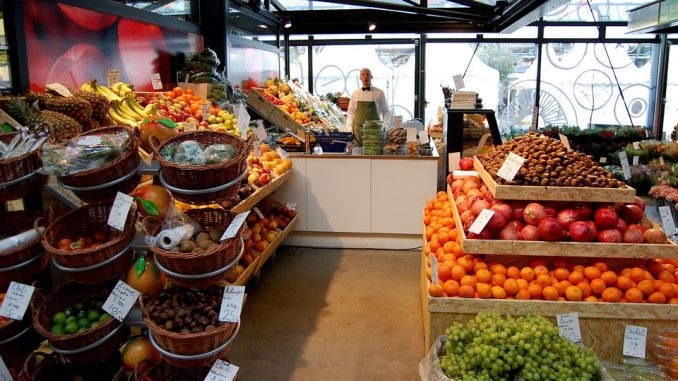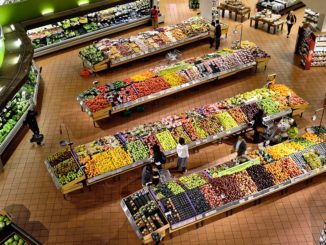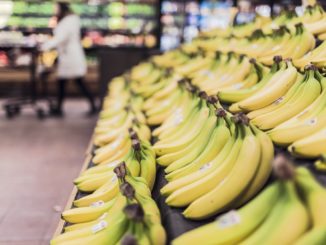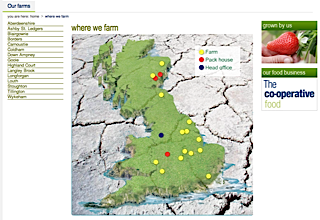The Eastern European entrance of Lidl and Kaufland, supermarket retail chains owned by a German corporate group, were financed with loans from public money. According to an investigation by The Guardian, almost 900 million Euro of public funds coming from the World Bank and European Bank for Reconstruction and Development (EBRD) were injected to develop hundreds of supermarkets packed with cheap, imported food. This leaves peasants and other local food producers, largely ignored by these retailers, unable to compete. These public institutions, funded by taxpayers and owned by governments, have explicit mandates to increase local development in the countries where they spend their money. The World Bank also has an additional, specific mandate to reduce global poverty. An International Consortium of Investigative Journalists found that 1,000 World Bank projects approved between 2004 and 2013 forced 3.4 million people from their homes, grabbed their land, or damaged their livelihood. The banks claim that their funding for Lidl and Kaufland would create jobs, opening new markets for local producers and bringing “good quality, affordable food” to poor […]




